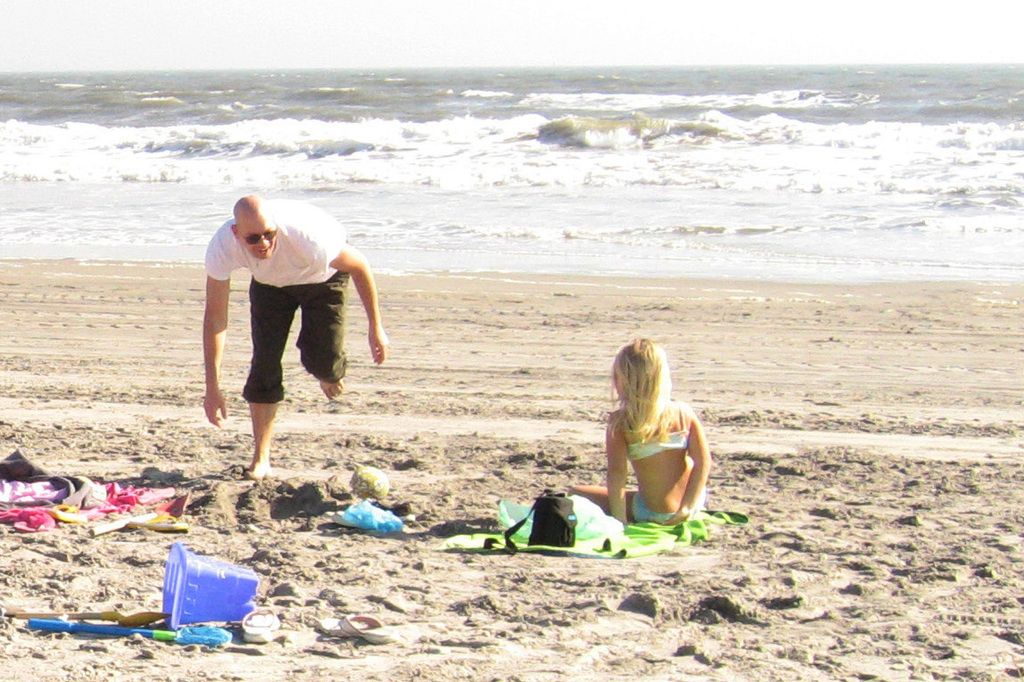Death apprehension details: A health expert outlines four causes for our dread of mortality.
Death: A Persistent Human Fear
Renowned Spanish physician and science communicator, Manuel Sans Segarra, sheds light on the persistent human fear of death. In a podcast, he attributed this fear to four specific apprehensions, chiefly our 'ego' that desires to maintain control over our physical existence.
"The meaning of life is downright frightening, it breeds an authentic panic about the end of life. Our current society, fueled by great egomania, recoils from death, dreads it. It's a societal taboo, shunned, unwilling to acknowledge death," he states emphatically.
So, why the avoidance of discussing death despite it being an inevitable part of life? Sans Segarra explains, "The ego is based on matter, on our bodily form. It understands that with physical death, it will disintegrate. The causes of our fear of death that we all humans share, stem from our subservience to the ego."
1. The painful journey towards death
For many, it's not death itself they fear, but the process leading up to it. Death often brings comfortless physical pain, emotional suffering, and an unparalleled sense of isolation. Instead of fear, it's often a natural revulsion we feel towards these circumstances. "We fear death because it's uncomfortable, painful, and isolating," Sans Segarra affirms. An example he offers is, "Who hasn't had a relative stricken with throat cancer who can no longer swallow and is visibly wasting away?"
2. The ego's aversion to the unknown
One of the primary sources of anxiety stems from the unknown. Death is an absolute mystery, something that the ego, with its craving for control, struggles to comprehend. This uncertainty induces anxiety, as there is no logical way to anticipate or understand it. "The unknown scares the ego like nothing else. It prefers to live with a psychological structure that frustrates it, yet it is comfortable with it," the expert warns.
3. Losing everything
Another profound fear is having to relinquish everything we are and everything we've achieved. Family, love, possessions, status - death forces us to abandon it all. "We enter with nothing and we exit with nothing," the doctor asserts bluntly. In a society where accumulation is valued, this can be unsettling. "We leave behind our families, our friends, our wealth, our power. Dying is easy, when one dies, one leaves everything behind, that's why society is apprehensive," Sans Segarra says.
4. The instinct for survival fuels our terror of death
Finally, Sans Segarra highlights that the fear of death also has a biological foundation: our innate drive for survival. This instinctual force that compels us to carry on living makes even considering death intimidating. "We have an incredibly strong self-preservation instinct that keeps us alive," he concludes.
More Viral Tidings
1. Health-and-wellness and mental-health concerns amplify the fear of aging
As we age, maintaining our lifestyle becomes more challenging, and the fear of physical decline and mental deterioration often intensifies. The unpredictable nature of aging can exacerbate anxiety about the future, as we lament the loss of our vitality and cognitive ability.
2. Science and medicine offer hope for a healthier approach to aging
Scientific advancements have opened up possibilities for extending our lives and improving the quality of our later years. Research in areas such as fitness-and-exercise, nutrition, and pharmaceuticals may help promote healthier aging and combat the fear of decline and reduced well-being in our golden years.
3. Embracing death as part of life can contribute to personal growth and fulfillment
Rather than shying away from the topic of death, contemplating the inevitable can have beneficial effects on our mental health. Constructive introspection about aging and mortality can lead to a deeper understanding of our priorities and life purpose, fostering personal growth and promoting peace of mind. It can serve as a catalyst for introspection and remain as a testament that life is not merely about the pursuit of physical well-being but also about the nurturing of one's psyche and relationships.








